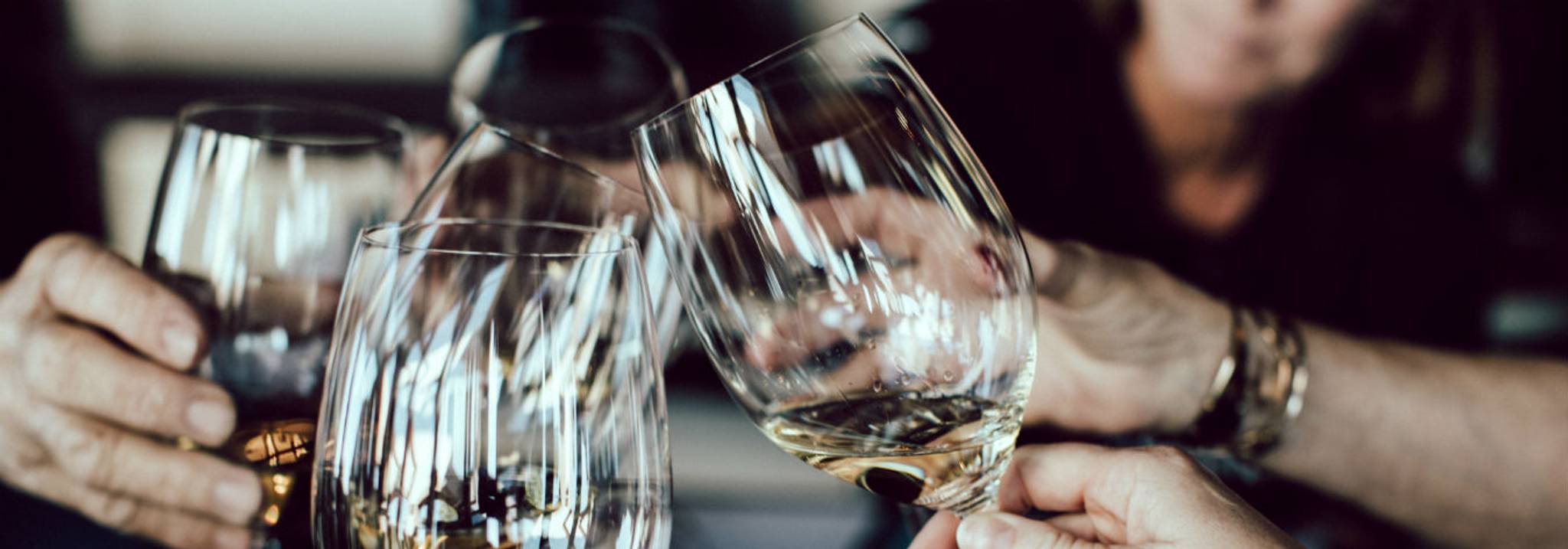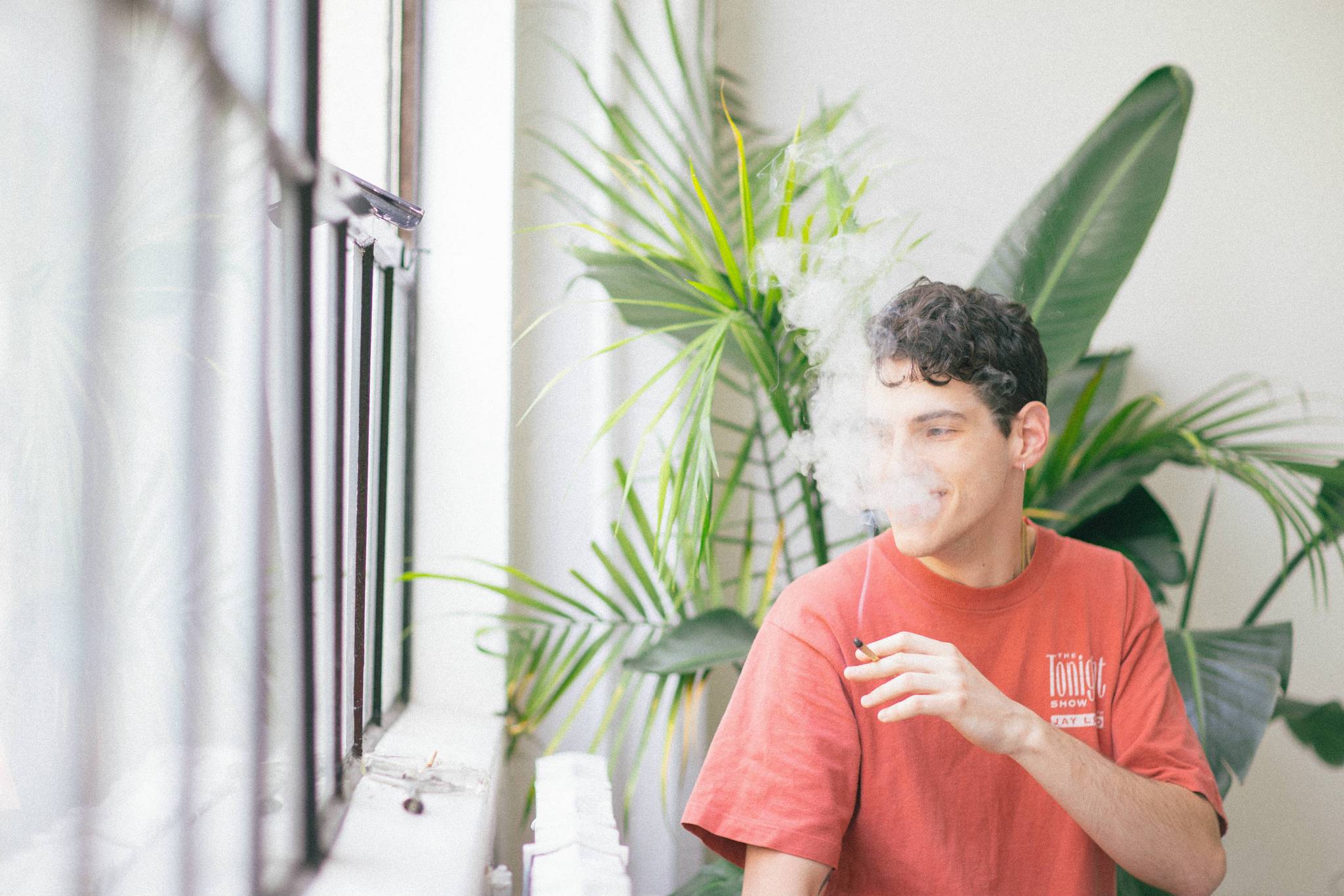
America's Rebel Coast Winery is developing a sauvignon blanc that contains THC, the psychoactive chemical component of cannabis. Though people are increasingly embracing cannabis culture, lacing wine with the chemical could go a step further to normalizing its use. We explore the insights behind the brand’s move and how it reflects changing social attitudes around cannabis.
Rebel Coast’s Sauvignon Blanc is manufactured like normal wine, before the alcohol content is removed and replaced with 16mg of THC. According to the winery, drinkers can look forward to an enjoyable and unique wine experience with no risk of a hangover. The cannabis-infused wine will also contain fragrant terpene oils, giving the wine a cannabis-esque aroma. “We set out to mimic the experience you'd find with traditional wine; a couple glasses will put most people in a great place," say founders Chip Forsythe and Alex Howe. Each glass will only contain about 5mg of THC, half of the amount that is typically legally allowed in edibles. The brand says this was key to developing the wine, ensuring that it remains dinner-party friendly.
The cannabis-infused sauvignon blanc is available for pre-order and will be shipped in 2018 for $59.99. Its relatively low price tag is in keeping with Rebel Coast’s mission to make wine accessible to everyone, steering clear of the fancy jargon that has become synonymous with the drink. Brand co-founder Alex Howe highlights how the innovation could find an audience with wine drinkers and cannabis enthusiasts alike: “Winemakers have been making infused wine for years, but no one developed a reliable method to remove the alcohol and infuse it with cannabis’ active ingredients in a way that wasn’t impacting the quality of the wine, so it appealed to both wine and cannabis aficionados.”

With 64% of Americans supporting the legalization of cannabis for medical and recreational purposes, the THC-infused wine reflects a general shift in attitudes towards the chemical. And as more countries legalise the plant for medicinal, beauty, and recreational purposes, they're breaking down the stigma previously associated to it. The legal weed industry may also be good news for the US economy, holding the potential to create 414,000 jobs by 2021 and generate $40 billion worth of economic value.
In spite of these changes, 26% of Americans haven’t tried cannabis and still oppose its legalization. Wine, with its socially-acceptable connotations of leisure and refinement, may well counteract this group's perception of weed as countercultural and transgressive. “We wanted to mimic the traditional wine drinking experience by incorporating a modest amount of THC in each serving with a quick effect – this is a product to be enjoyed by the masses," says Howe. As other brands experiment with infusing cannabis into beer, food, and even skincare, it is clear that the drug’s image is in flux, and cannabis products are likely to infiltrate other sectors.
Helen Jambunathan is an anthropologist and writer currently based in Kuala Lumpur, Malaysia. She holds a Masters degree from the University of Cambridge, and has over five years of experience researching the specialty coffee industry. Outside of work, she is a die-hard tennis fan, wearer of many rings, and reader of many things.



